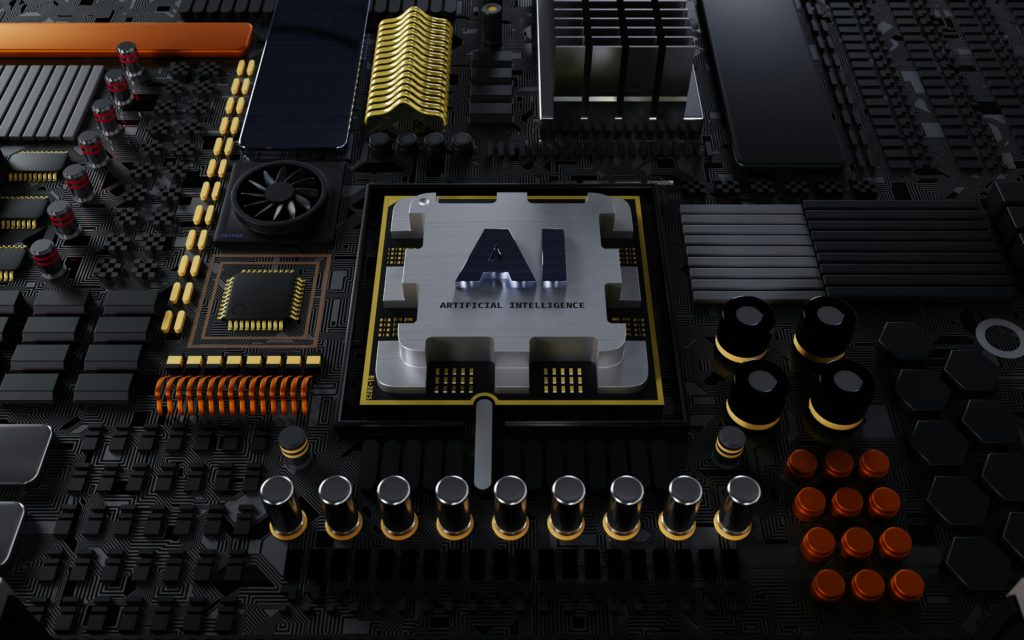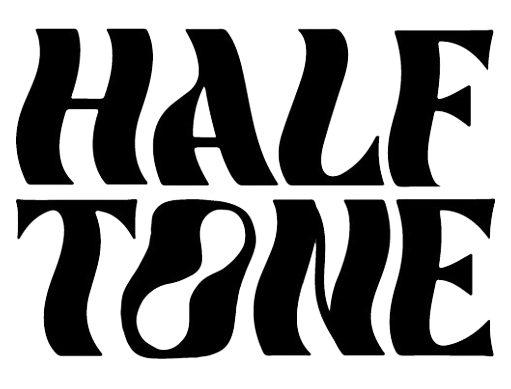

Sony warns companies against AI Music
Table of Contents
Warnings from Sony over as AI Music Generator company Suno see’s 125 million in investment.

Sony Music Group (SMG) has issued warnings to over 700 companies, demanding they stop using its content to train artificial intelligence (AI) models without permission.
This move underscores the growing tension between the music industry and AI technology advancements.
Formal Warning Issued
SMG, which owns Columbia Records, RCA Records, and Epic Records, sent letters to generative AI companies and streaming platforms.
These letters prohibit the mining of text or data, web scraping, or using any SMG content without proper licensing agreements. This includes audio recordings, musical compositions, cover artwork, and metadata.
Protection of Artists’ Rights
SMG acknowledges AI’s potential but emphasizes the need to protect songwriters’ and recording artists’ rights. “Unauthorized use of SMG Content in AI systems deprives SMG Companies and SMG Talent of control and appropriate compensation” the letter states.
Such activities conflict with the normal exploitation of their works and infringe on intellectual property rights.
Industry Response
SMG’s move reflects broader concerns within the music industry about unauthorized AI training. With AI tools making it easier to create music using existing works, companies are negotiating licensing agreements or taking legal action against AI companies that misuse their content.
Legal and Regulatory Context
The European Union’s Artificial Intelligence Act, passed in March 2024, requires AI model providers to detail the content used for training. This law aims to increase transparency and accountability in AI development. However, protections in the U.S. are still evolving, and the industry continues to push for stronger regulations.
High-Profile AI Incidents
The industry has seen notable incidents of AI-generated music causing legal issues. For example, a viral song called “heart on my sleeve” featured AI-generated vocals resembling Drake and The Weeknd, leading to a swift takedown due to copyright claims by Universal Music Group. Similarly, Drake’s “Taylor Made Freestyle,” featuring an AI-generated voice of Tupac Shakur, was removed after Shakur’s estate threatened legal action.
Artist Advocacy
Artists are also advocating for protections against AI misuse. Over 200 musicians recently signed an open letter urging AI developers and digital music services to pledge not to undermine or replace human artistry with AI-generated content.
Sony Music Group’s firm stance against unauthorized AI training shows the industry’s determination to protect creative rights amid technological advancements.
While AI offers exciting possibilities, SMG and other industry players stress the importance of respecting copyrights and ensuring artists are fairly compensated.
Despite this, AI companies and start-ups are continuing to receive large investments. Most recently, Suno the AI Music Generators received 125 million. Their partners include Lightspeed Venture Partners, Nat Friedman and Daniel Gross, Matrix and Founder Collective.
For more details, visit Sony Music’s Declaration of AI Training Opt Out
Related Posts


